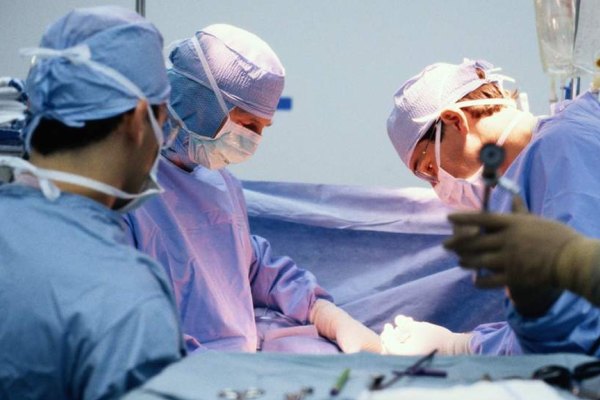Prostate cancer is one of the most common cancers in men and often requires surgery. Prostatectomy, the surgical removal of the prostate gland, can have very negative outcomes. Neural injury is one such effect that can lead to incontinence and erectile dysfunction. However, advancements in nerve-sparing techniques have revolutionized prostate surgery and enhanced outcomes.
The Importance of Nerve Sparing Techniques
- Minimizing Unfavorable Reactions: The aim of a nerve-sparing prostatectomy is to preserve the neurovascular bundles surrounding the prostate, which are vital to maintaining urogenital and sexual function. Traditional prostatectomy procedures often resulted in major unfavorable effects due to nerve injury. The likelihood of these adverse effects is reduced by nerve-sparing techniques, improving the patient’s quality of life after surgery.
- Surgeon Accuracy: An important factor in the success of a nerve-sparing prostatectomy is the surgeon’s training and experience. Being exact is essential since even the smallest error might damage the delicate nerve fibers. Surgeons who specialize in this surgery undergo an intense training program and continuously improve their skills to ensure the best possible results for their patients.
- Robots Aided in Surgery: Nerve-sparing prostatectomy has been transformed by robotic-assisted surgery, particularly when the da Vinci Surgical System is used. The precision and adaptability of robotic equipment allow surgeons to perform complex procedures with increased accuracy. This technology reduces blood loss, speeds up the healing process, and raises the chance of sustaining nerve function.
- Neurostimulation In The Operating Room: Intraoperative neurostimulation is another state-of-the-art technique that helps surgeons identify and safeguard important nerve structures. Surgeons can map out the nerves and ensure that they are not damaged during therapy by using electrical stimulation. With the help of this real-time input, the surgeon may perform more precise, less stressful surgery.
- Advanced Imaging Techniques: Advanced imaging methods such as multiparametric MRI and 3D ultrasound have significantly improved preoperative planning and intraoperative guiding for nerve-sparing prostatectomy. Surgeons are able to plan the best course of action for each patient by using these imaging modalities, which provide detailed views of the prostate and surrounding structures.
- Customized Care Plans: The Los mejores cirujanos de Venezuela who save nerves when doing prostate surgery prioritize personalized care and tailor their surgical techniques to each patient’s unique requirements. A comprehensive treatment plan is developed by carefully considering the patient’s age, overall health, and cancer stage in order to maximize the chances of successful nerve preservation and cancer management.
- Support After Surgery: Renowned surgeons ensure that their patients receive complete postoperative care, despite the fact that recovering from prostate surgery can be challenging. To monitor progress and address any concerns, this involves regular follow-up sessions, physical therapy, and counseling
- Advice to Patients: Providing patients with information about their treatment options and potential outcomes is one of the most crucial parts of patient care. Skilled surgeons take the time to carefully go over the benefits and drawbacks of nerve-sparing operations so that patients can make knowledgeable treatment choices. By being open and honest with one another, patients have the confidence to take an active role in their care.
Conclusion
Nerve-sparing prostatectomy is a significant advancement in the treatment of prostate cancer, offering patients hope for better outcomes with fewer side effects. Surgeons have made great contributions to this profession by combining their surgical skills with state-of-the-art techniques to preserve nerve function and improve patients’ quality of life. Prostate surgery that spares nerves seems to have a bright future ahead of it, with new advancements in technology paving the way for even better patient outcomes through ongoing research and development.











